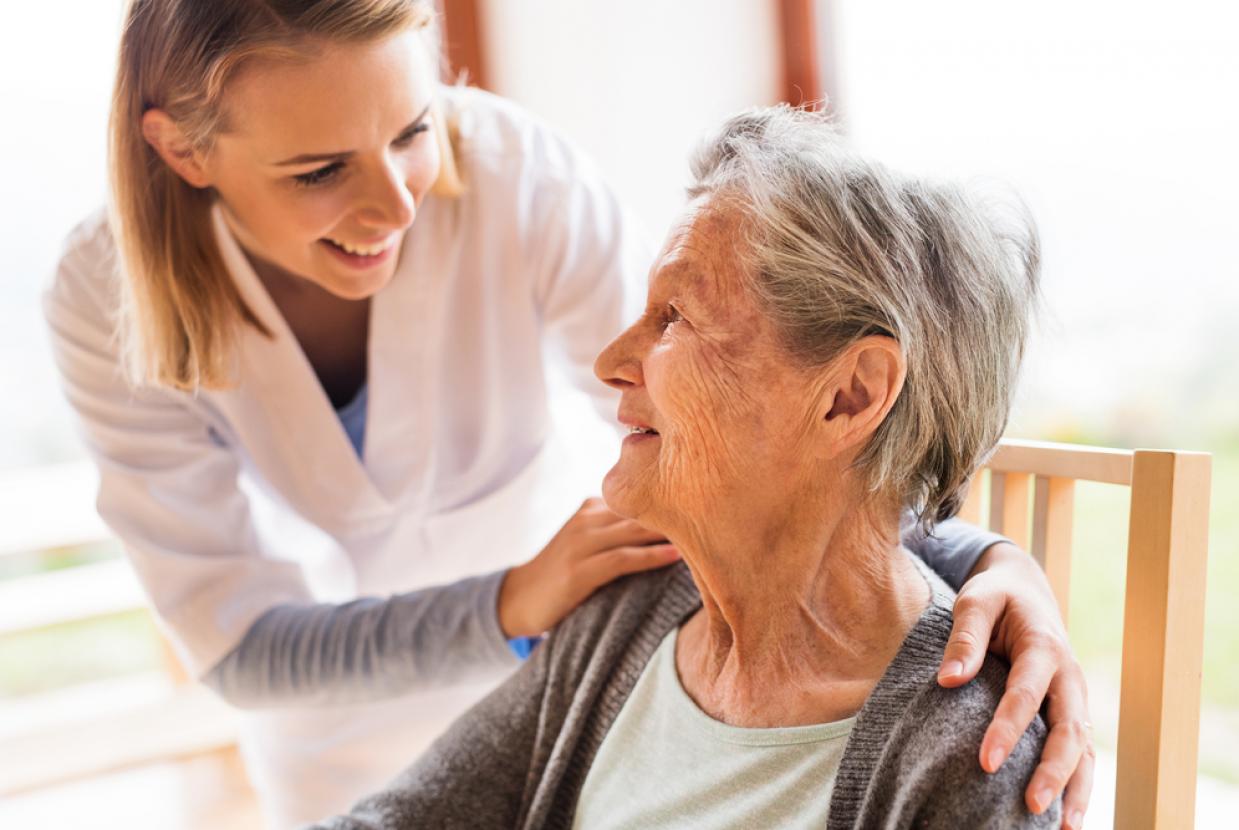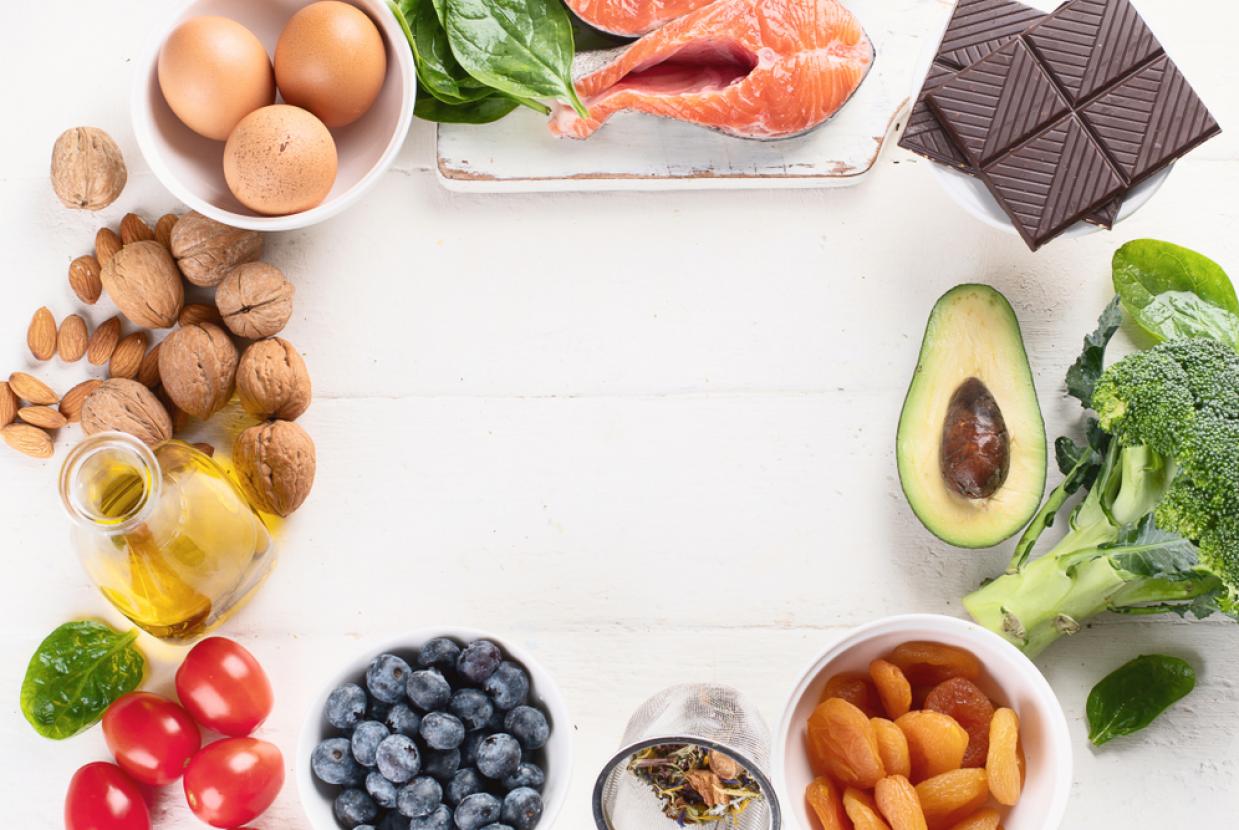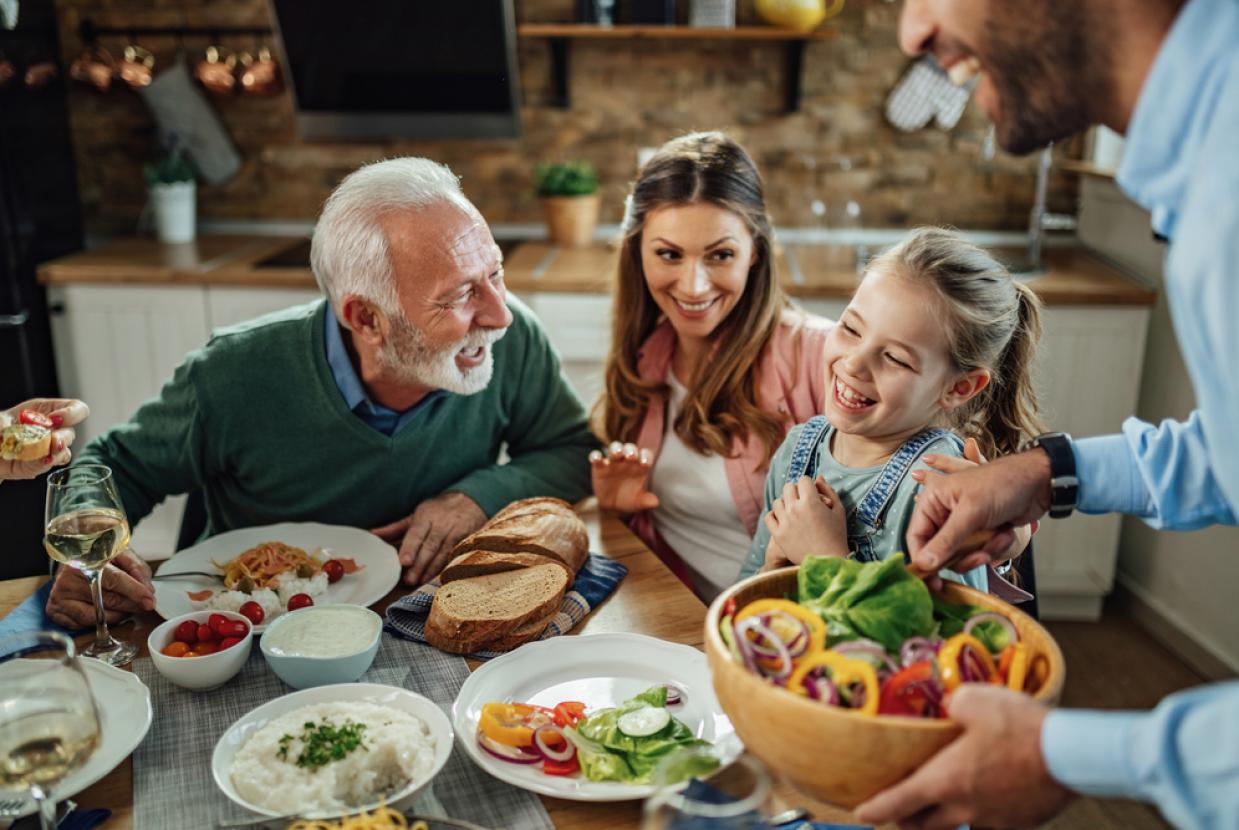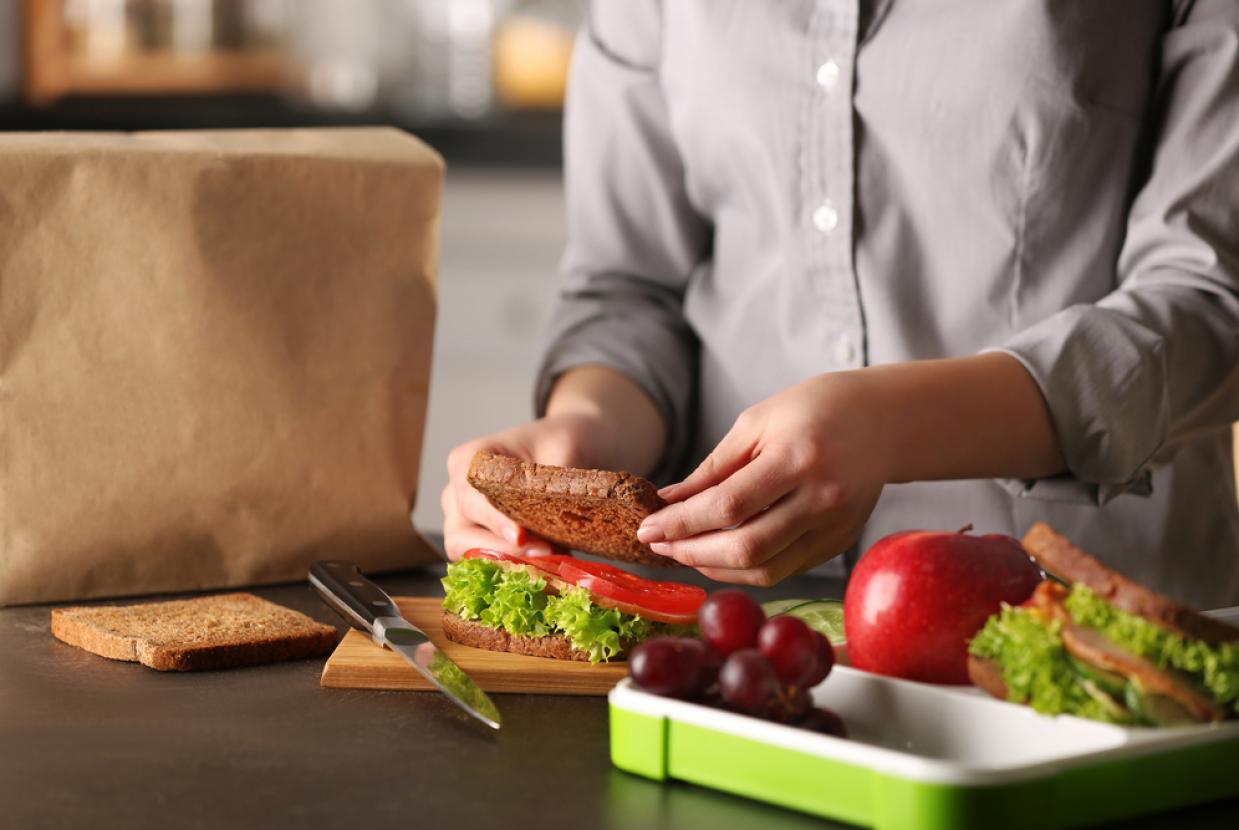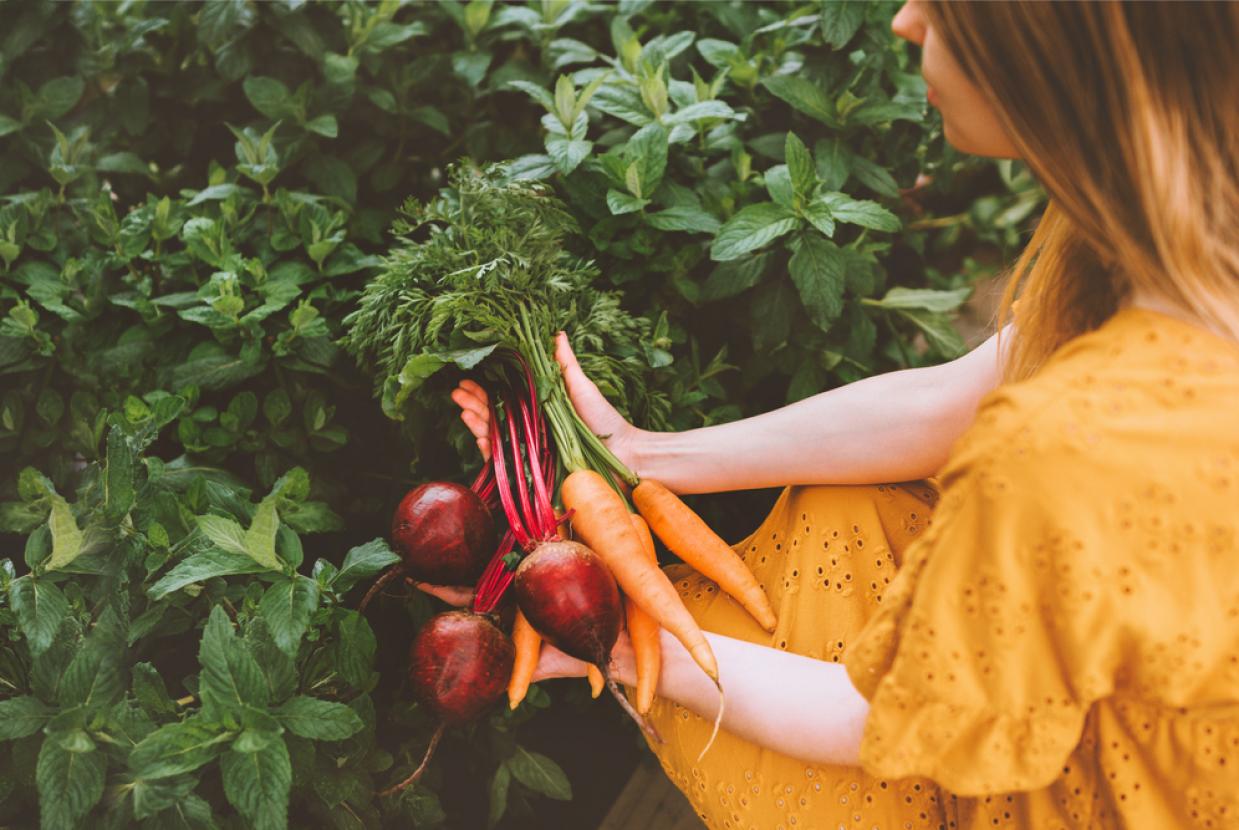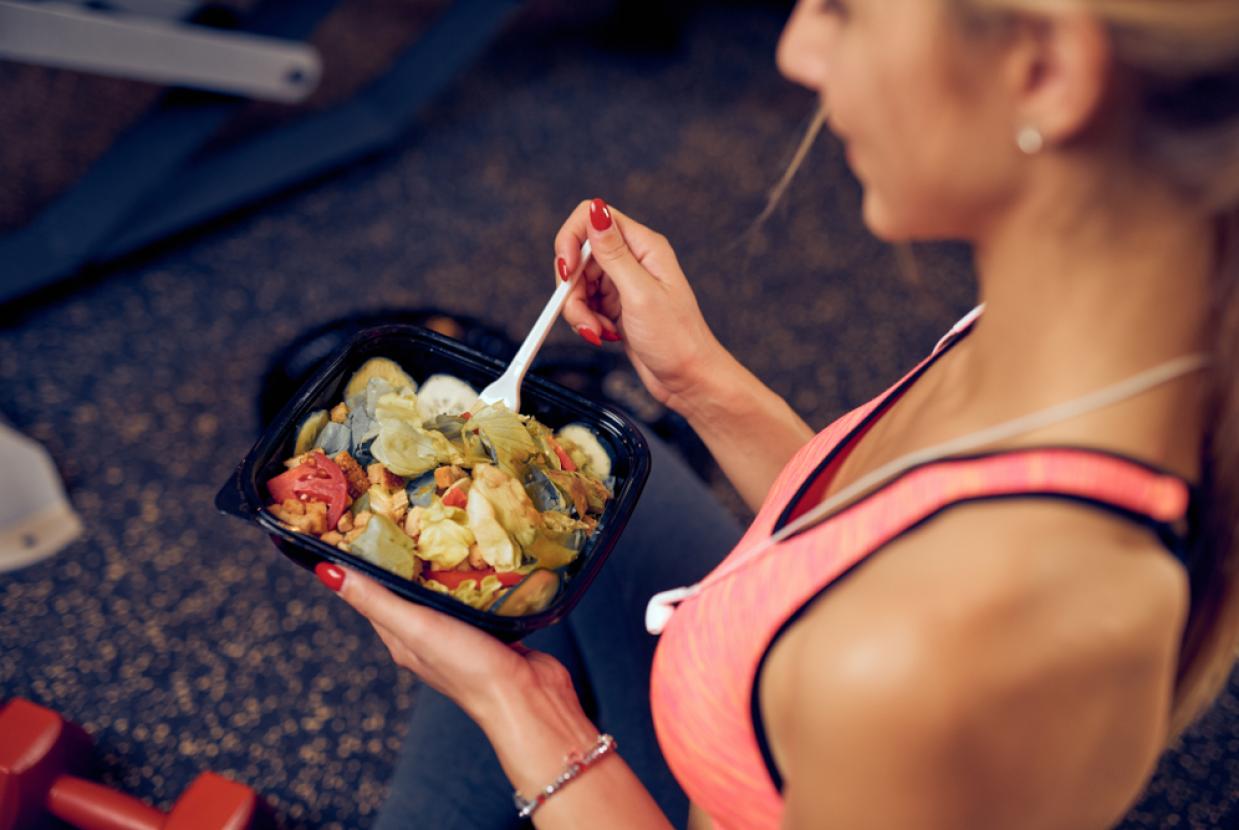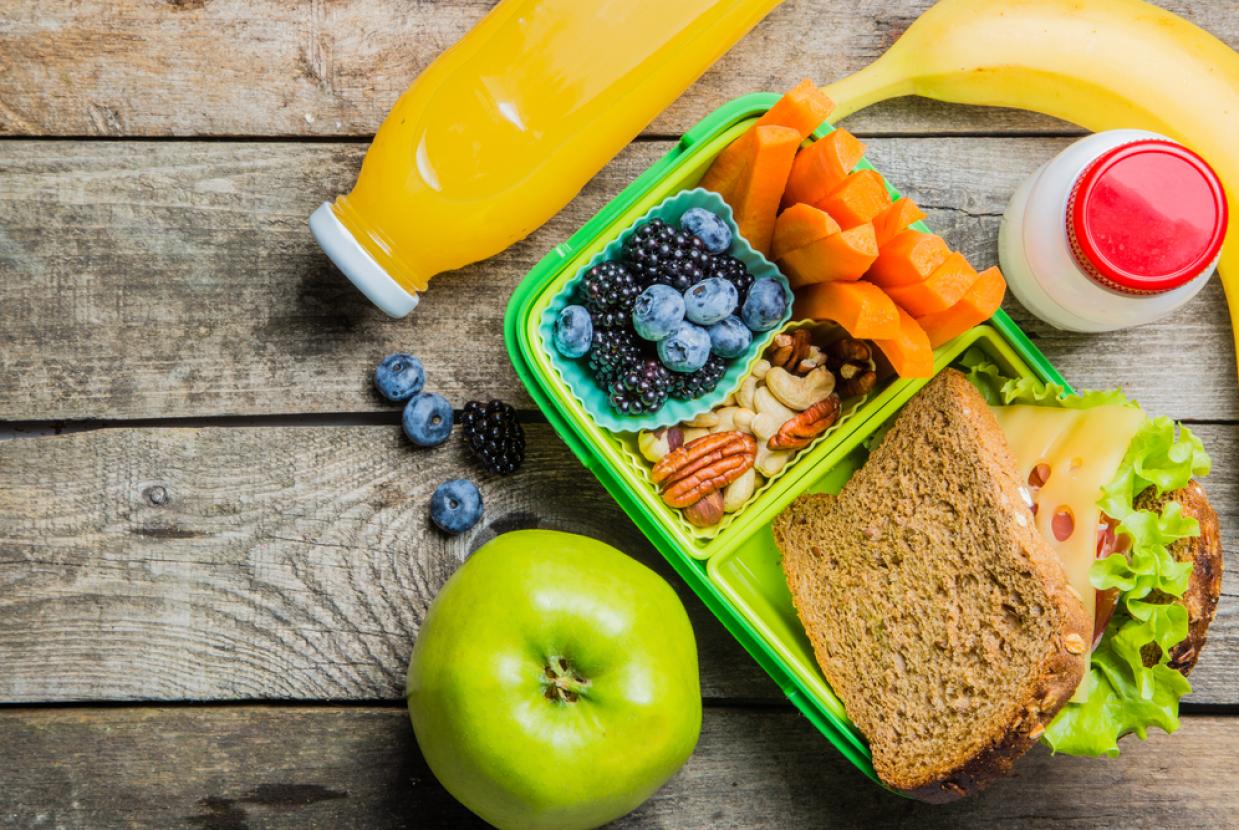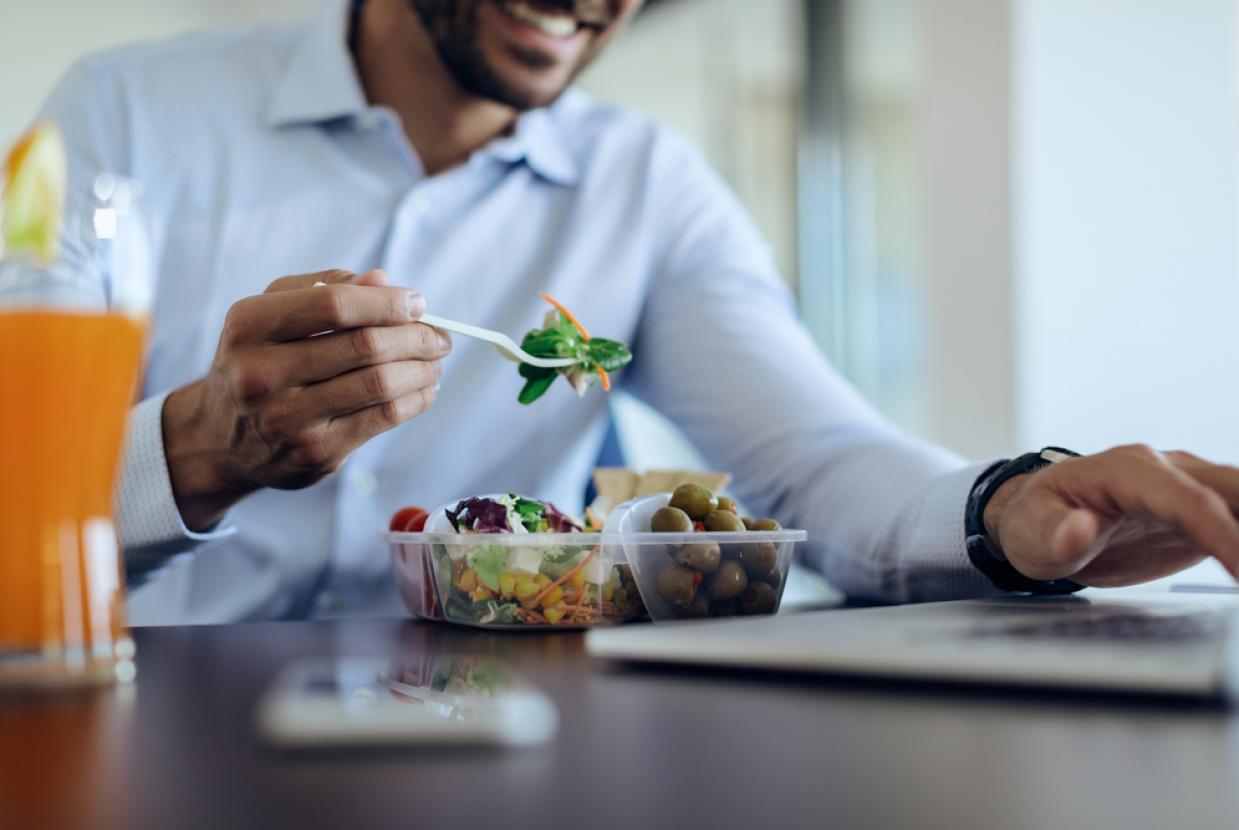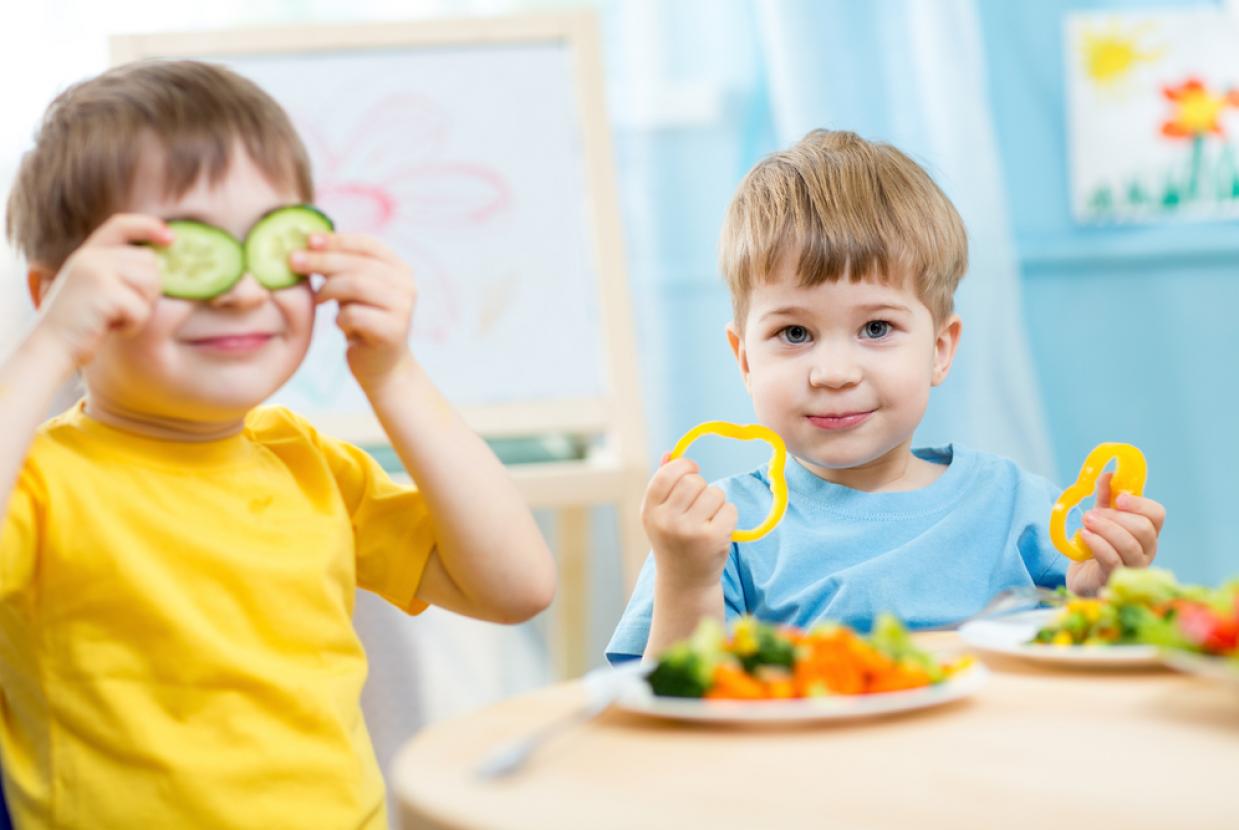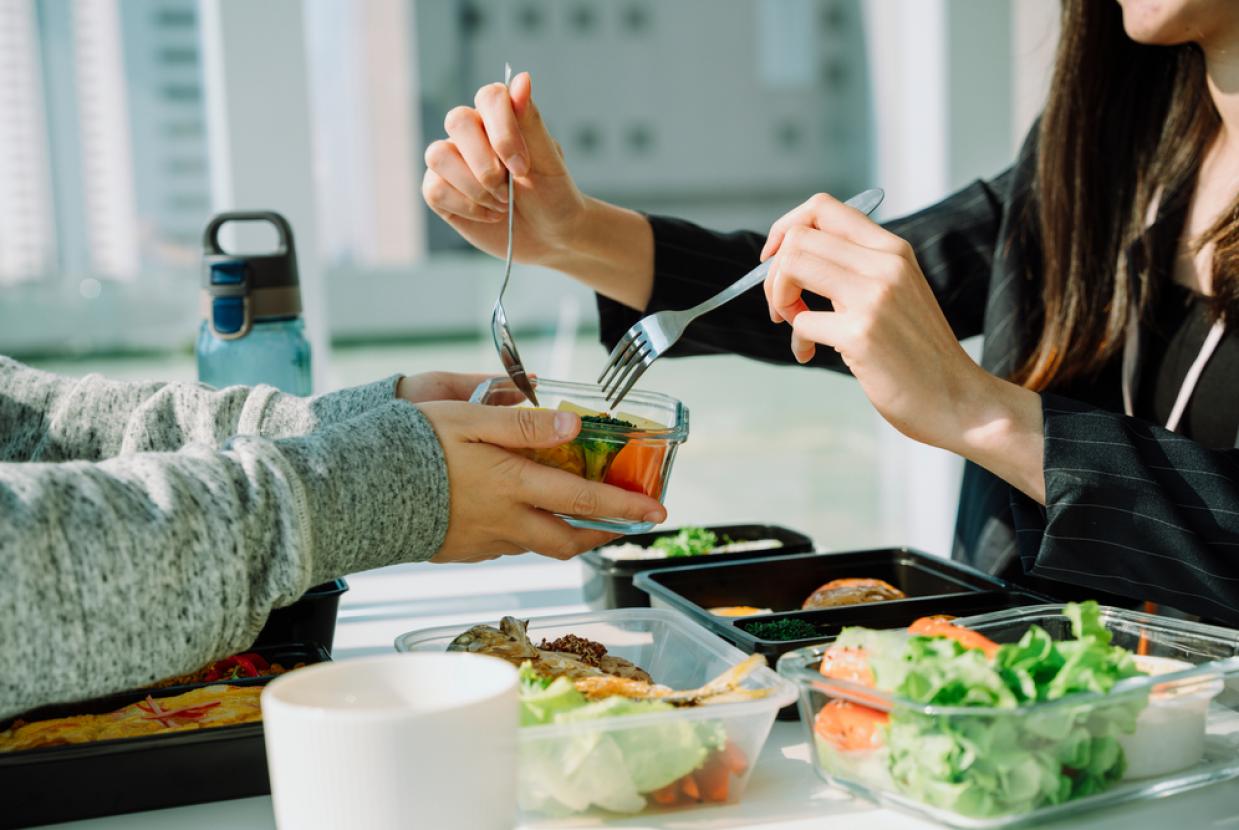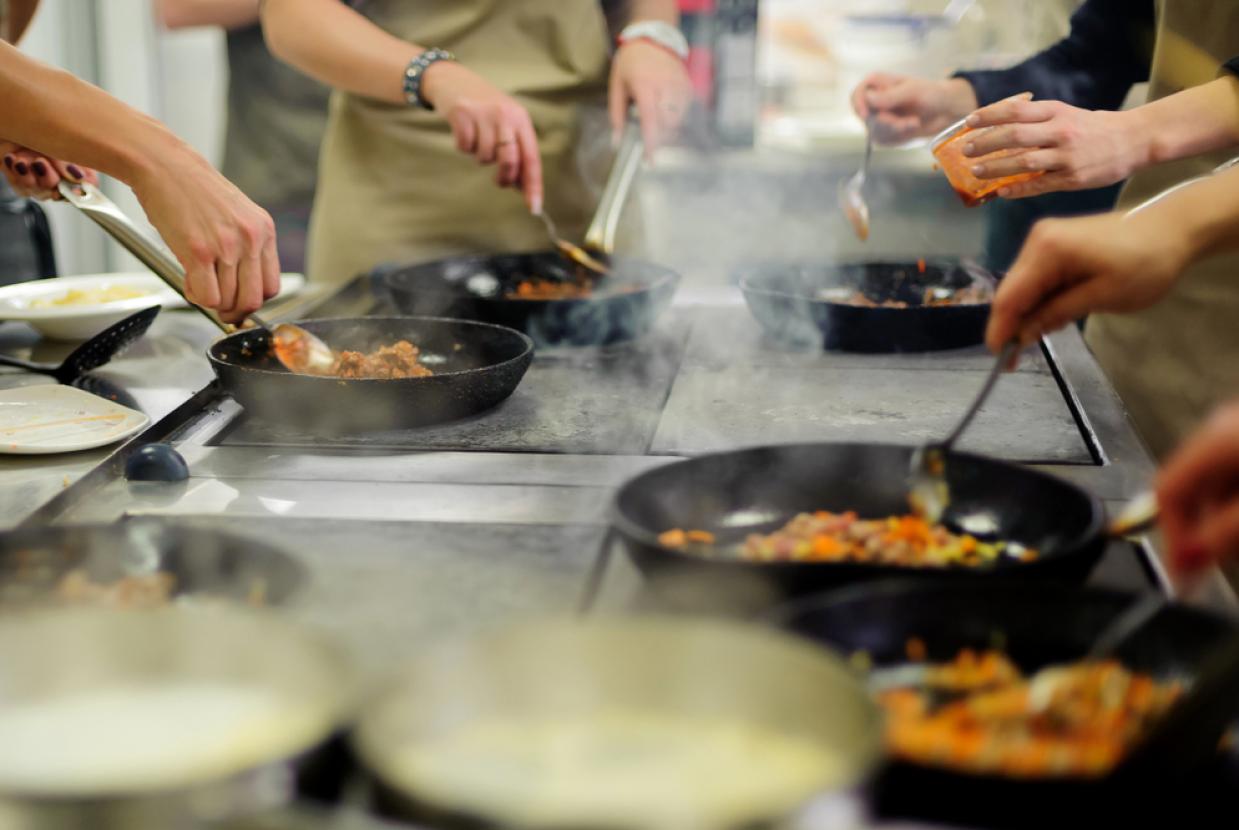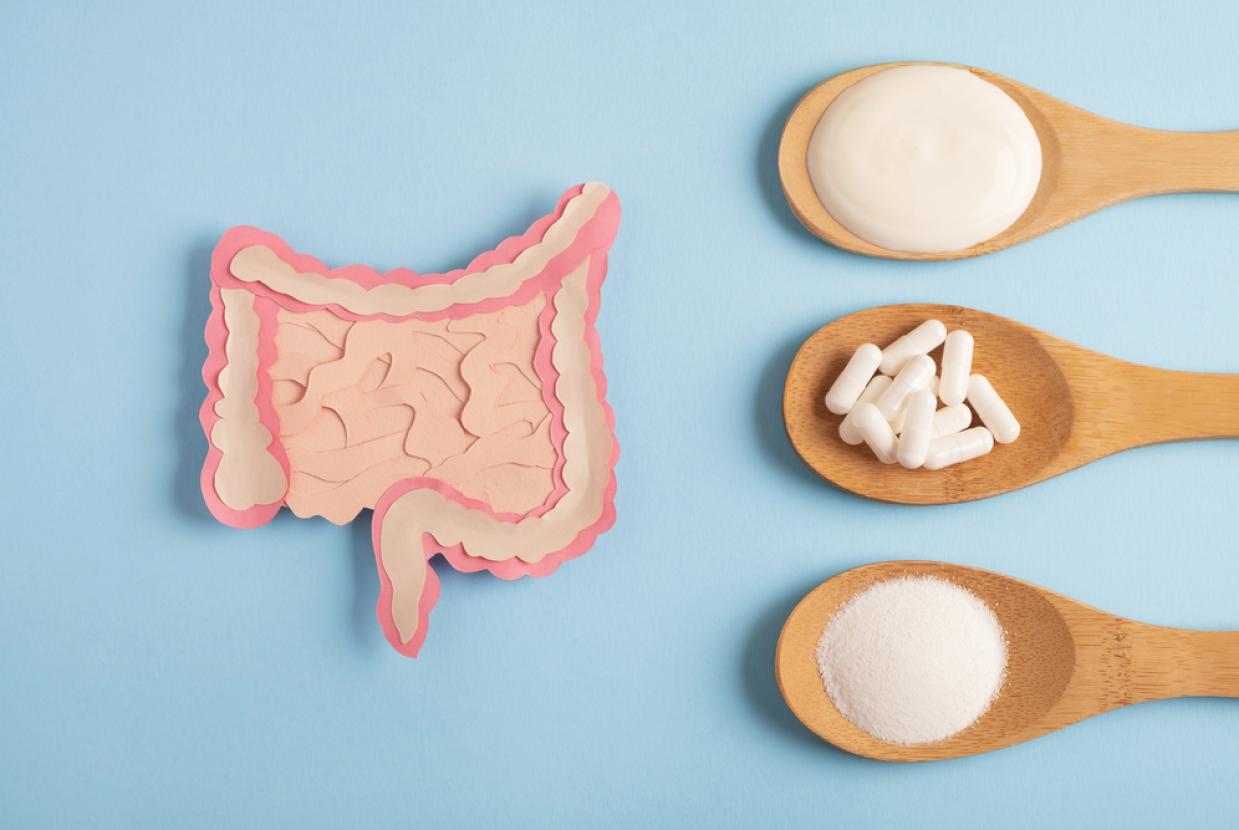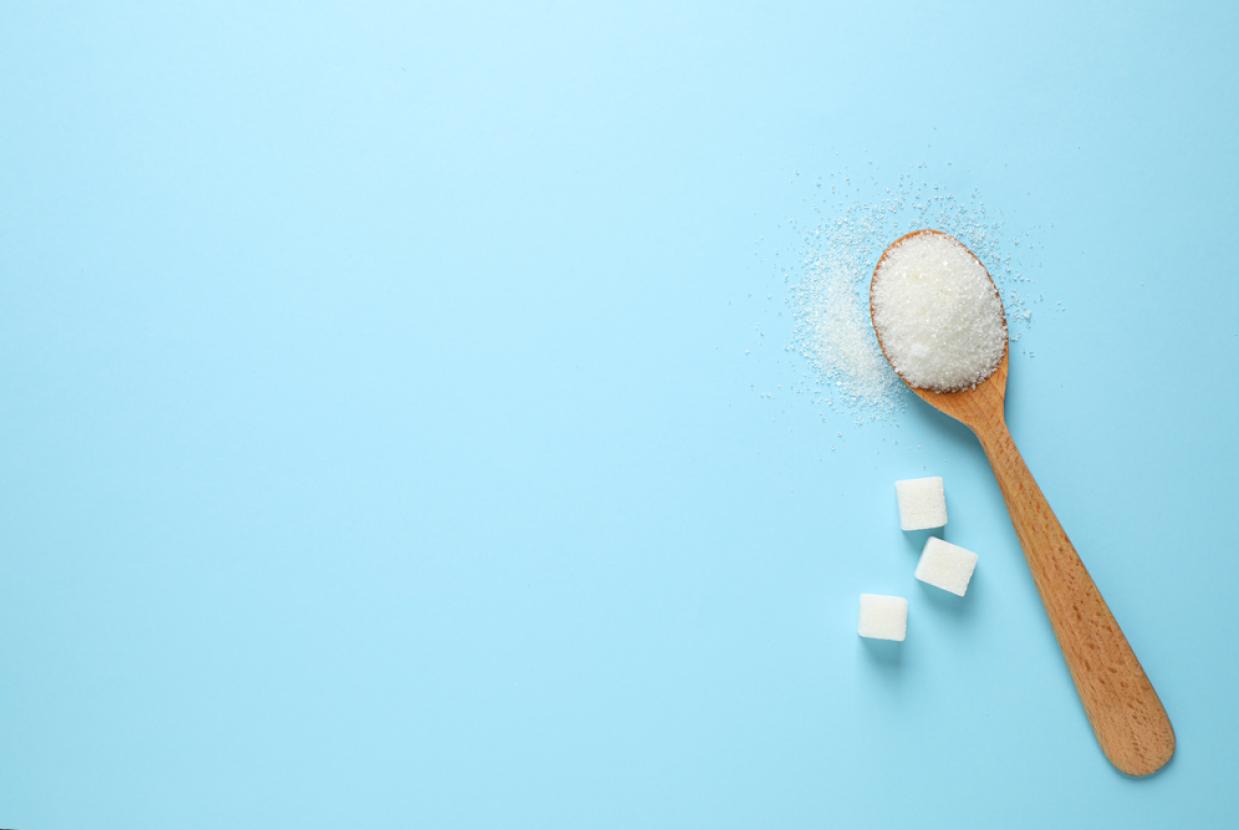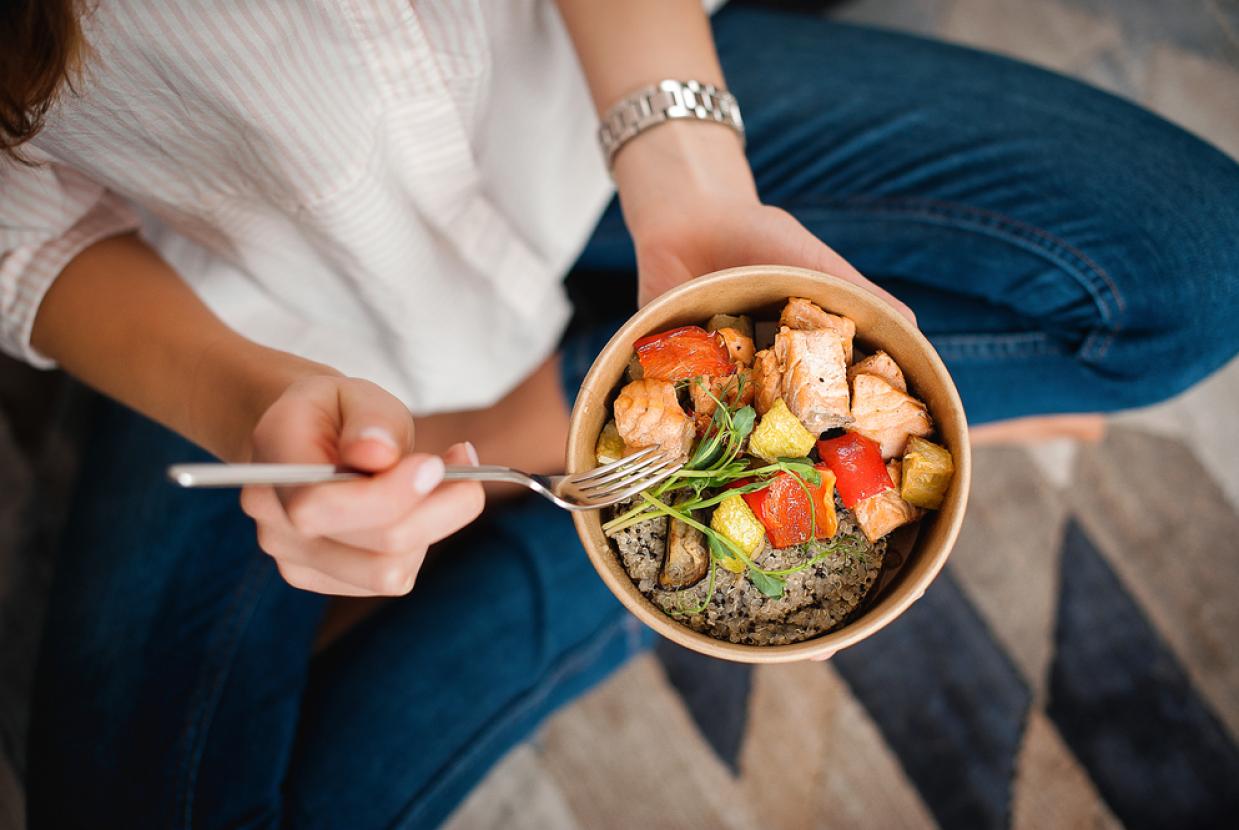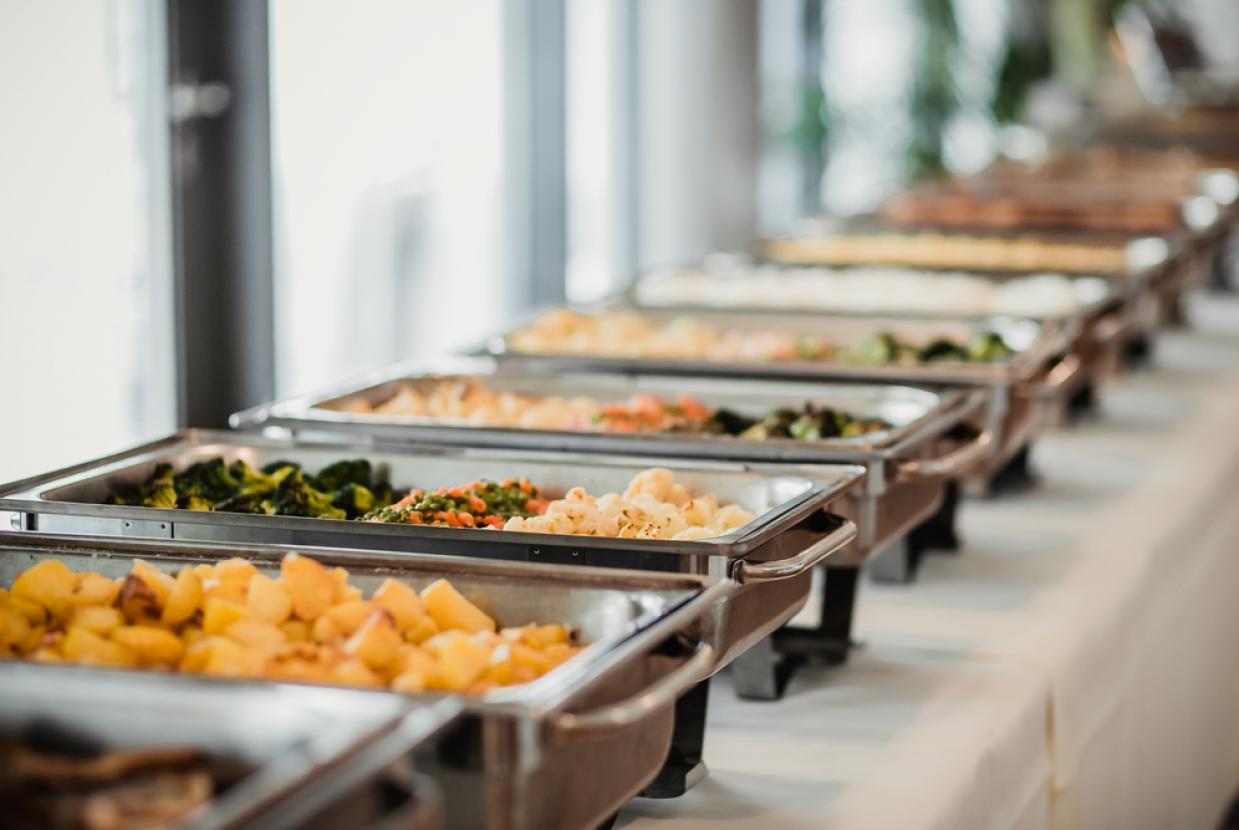The Energy 'Diet'
Healthy DietThe best way to eat to keep up your energy levels is to follow a healthy, balanced diet. The Eatwell Guide shows the different types of food and drink we should consume – and in what proportions – to have a healthy, balanced diet.
The main recommendations are to:
- eat at least 5 portions of a variety of fruit and vegetables every day
- base meals on potatoes, bread, rice, pasta or other starchy carbohydrates – choose wholegrain versions where possible
- have some dairy, or dairy alternatives such as soya drinks – choose lower-fat and lower-sugar options
- eat some beans, pulses, fish, eggs, meat and other protein – including 2 portions of fish every week, 1 of which should be oily
- choose unsaturated oils and spreads, and eat them in small amounts
- drink 6 to 8 glasses of fluid a day
Eat at regular intervals
If you eat at regular times, you may find it easier to sustain your energy levels. Try to eat 3 meals a day. Have a healthy snack, such as fruit or low-fat yoghurt, between meals if necessary.
Don't skip breakfast
A healthy, balanced breakfast will help keep you going until lunchtime. Despite this, up to a third of us regularly skip breakfast according to the British Dietetic Association (BDA).
Go for healthier options, such as:
- porridge made with lower-fat milk or water, and topped with fruit
- Low-sugar, high-fibre breakfast cereals such as bran or wheat biscuits
- boiled or poached eggs, with wholemeal toast and low-fat spread
- If you can't face eating as soon as you get up, take a low-sugar snack to eat on the go, such as fruit.
Aim for at least 5 A Day
Most people in the UK eat too much fat, sugar and salt, and not enough fruit and vegetables. Fruit and vegetables are good sources of vitamins, minerals and fibre – essential nutrients that your body needs to work properly.
Try to incorporate at least 5 portions of a variety of fruit and veg into your daily diet. They can be fresh, frozen, canned, dried or juiced.
Starchy carbohydrates can help sustain energy
Starchy carbohydrates are an important part of a healthy diet. They're a good source of energy and the main source of a range of essential nutrients. Starchy carbohydrates include:
- potatoes
- bread
- cereals
- pasta
- rice
Starchy foods should make up just over a third of what you eat.
Where possible, go for wholegrain or wholemeal varieties, as these are also higher in fibre and will keep you fuller for longer.
Read more about healthy starchy foods and carbohydrates.
More good sources of energy
Iron-rich foods
Being low in iron can lead to iron-deficiency anaemia, which can make you feel tired and run down. Teen girls and young women are especially at risk because they lose iron in their menstrual blood during their periods.
While red meat, green vegetables and fortified foods such as breakfast cereals are good sources of iron, the important thing is to eat a range of foods to get enough iron.
Healthy drinks
Make sure you stay hydrated by drinking plenty of fluids – the government recommends 6 to 8 glasses every day. This is in addition to the fluid we get from the food we eat. Water, lower-fat milk and sugar-free drinks are healthier choices.
Watch your alcohol intake. Alcohol can not only dehydrate you but also disturb your sleep, leading to tiredness the next day.
Cut down on sugar
Adults and children in the UK eat too much sugar. While it does give you a rush of energy, this wears off quickly. It's also bad for your teeth – and can be bad for your waistline too.
There are sugars in lots of foods, including fruit and veg, but you don't need to avoid these. However, we should cut down on foods with lots of added sugar, such as:
- sweets
- cakes
- biscuits
- sugary fizzy drinks
- chocolate
- some breakfast cereals
Superfoods and supplements
No single food, including those labelled "superfoods", can compensate for unhealthy eating. And there's no evidence that a single food can provide an energy boost.
Most people don't need to take vitamin supplements to improve their energy levels. They can get all the vitamins and minerals they need by eating a healthy, balanced diet.
However, there are some groups of people who are at risk of deficiency and may be advised to take a supplement.





